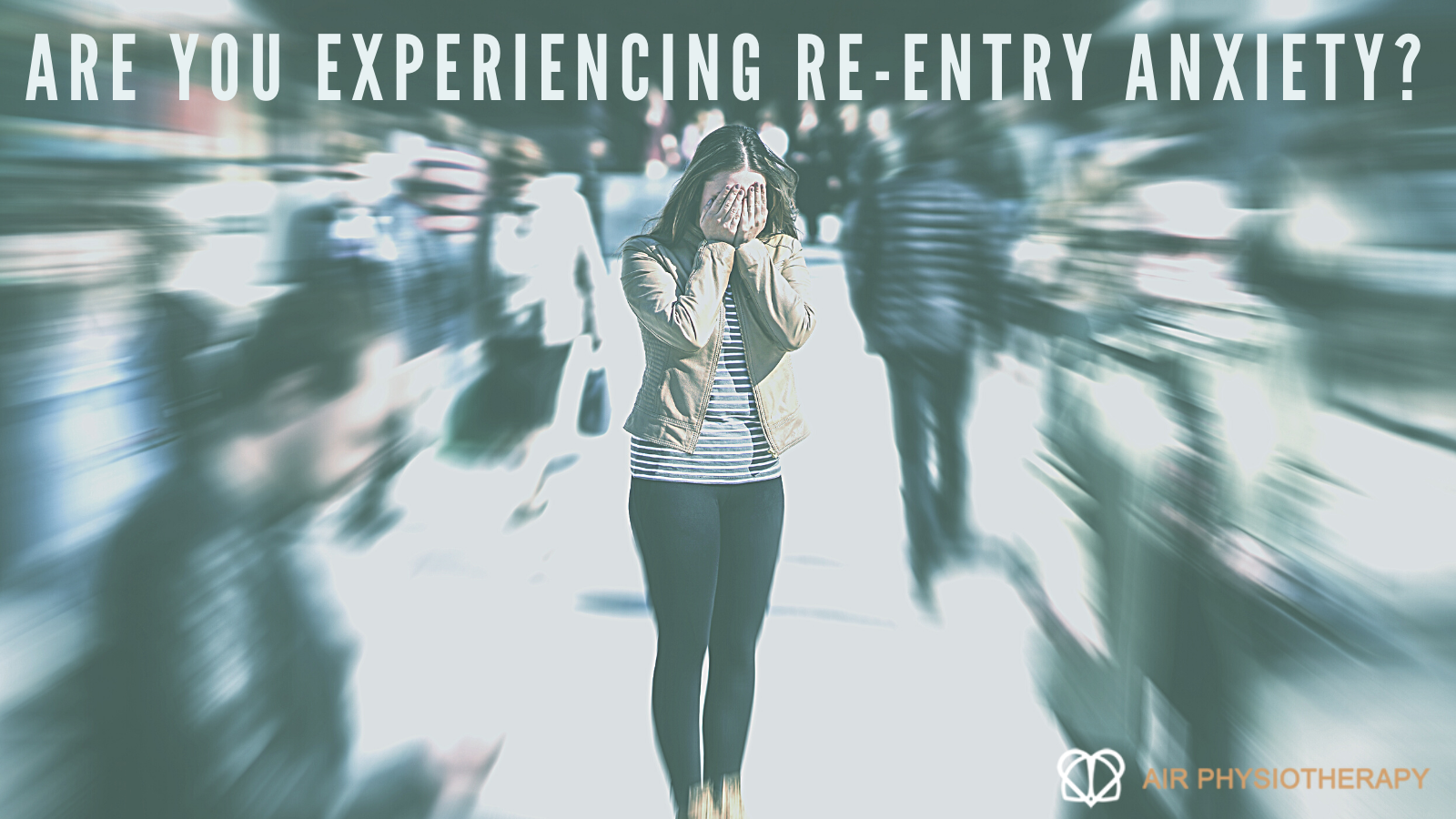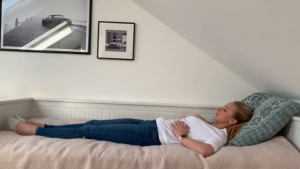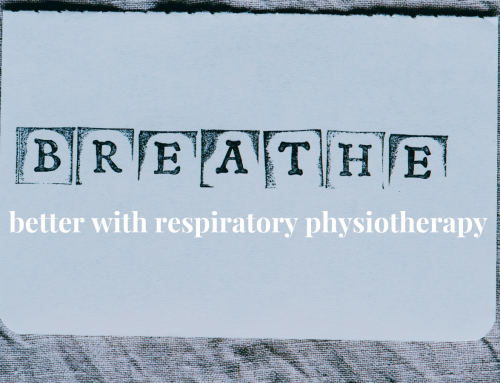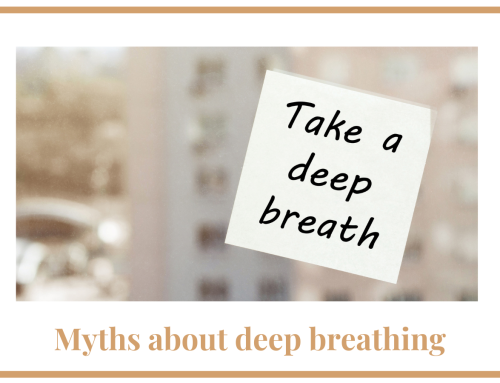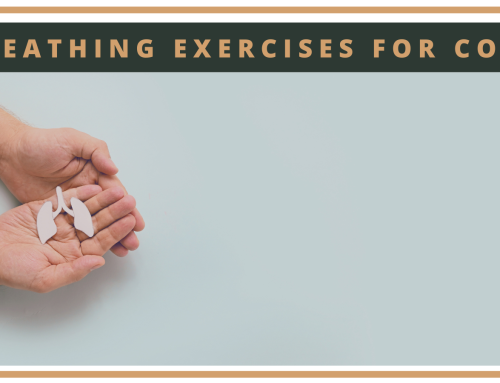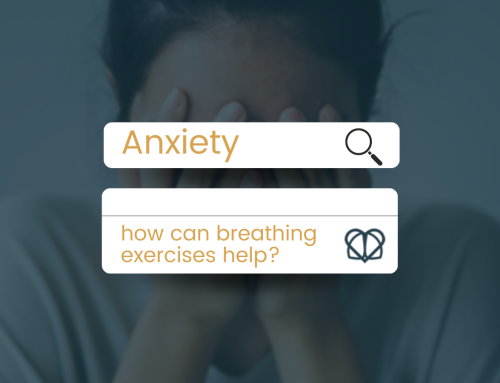How are you feeling about what the press is calling “Freedom Day” in England? Is it making you feel re-entry anxiety?
Despite the news that almost all the current restrictions have now been lifted and for the first time in 16 months life will feel considerably more normal for many of us, there will also be a number of people who will be feeling anxious, stressed and nervous about the changes.
Opening up = stressing out
There are of course a whole host of people who are chomping at the bit to get back out there again and throw themselves back into a pre-COVID way of life…
But what if you’re not one of those people? What if the thought of being with more than a handful of people is filling you with dread? The prospect of commuting into work again has you tied up in knots?
The science behind the stress
After over a year of enforced isolation and reduced contact, it’s not surprising that “re-entry anxiety” will be experienced by some people. This re-entry anxiety is a specific reaction to attempting to reintegrate and embrace what were previously normal everyday activities again.
There are 3 main reasons why this anxiety can arise:
- Concerns about catching or spreading the virus are still present
- We’re no longer familiar and comfortable with how to socialise
- We’ve adapted to our new way of life and are reluctant to return to old routines
Since the first lockdown we’ve lost many of those routines and activities that gave structure to our lives, which has lead to a feeling of being in limbo – it’s been compared to that period between Christmas and New Year that goes on forever and seems to lack any purpose. On top of that, we’ve become conditioned into believing the only safe place to be is at home, that as soon as we step outside the front door we’re entering into a world full of danger that could even be life-threatening. And while your body is doing exactly what it is meant to when you’re living under the fear of a threat (moving into fight or flight mode with adrenaline and cortisol levels raised to get us past the threat) this is not supposed to be a long term or permanent response.
Symptoms such as sleep disturbance, memory problems, and irritability are all signs that we are under stress, and we need to look at ways in which to reduce these symptoms and get back to a more relaxed state.
Top tips to take control of your anxiety
- Try to get into a regular, healthy routine. This includes eating well, getting plenty of sleep and staying active. These are all incredibly important for promoting an overall sense of wellbeing.
- Start small. Nobody can run a marathon the day they take up running! So just take it one step at a time and work your way up to bigger and more advanced activities.
- But make sure you start! It’s natural when something seems daunting to put it off! But we all need to leave the house at some point so don’t put it off, start sooner rather than later to avoid the anxiety building up even more.
- Get a friend involved. Having someone to support you as you emerge back into society can also reduce your anxiety levels, will mean you don’t feel alone and means you can help each other if you begin to feel overwhelmed.
- Practice mindfulness. There are some excellent apps like Calm and Headspace which can help you become calmer and less stressed.
Breathing to feel better
Having an efficient breathing pattern is an essential tool in your armoury to help minimise anxiety.
Practice breathing control. By controlling your breathing so that you are breathing optimally for your body, you can avoid periods of panic or anxiety which may lead to excessive upper chest movement. This can have a significant negative impact on your breathing pattern. See how to perform breathing control here:
Try the Laura Mitchell relaxation technique. This Youtube video talks through how to perform it… why not give it a try?!


